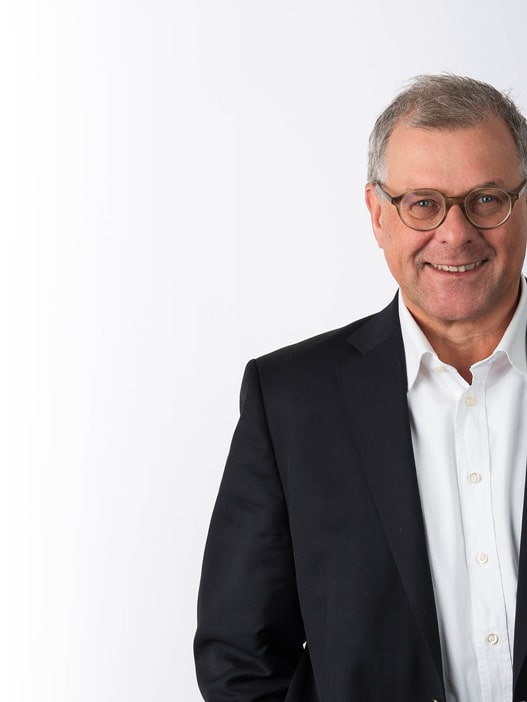EU Parliament approves controversial EU copyright law directive
Read the full text
The draft of the Directive has been the subject of heated debates in the weeks leading up to the vote in the EU Parliament and has led to thousands of people across Europe protesting against its implementation. The reason for the protests were mainly two proposed changes in digital copyright law contained in the draft Directive; Article 15 ( erstwhile 11) is intended to ensure fairer remuneration for the online use of press publications and Article 17 (erstwhile 13) to prevent accessibility of protected works on the Internet. According to experts and critics, the implementation of these Articles will lead to a considerable restriction on the fundamental right of freedom of expression and information (Article 10 ECHR) and will have a lasting adverse effect on the use of the Internet.
ARTICLE 15 – PROTECTION OF PRESS PUBLICATIONS CONCERNING ONLINE USE
The first relevant point of criticism regarding the new Directive is Article 15, which aims to provide better protection for the use of press publications on the Internet. To ensure a fair remuneration, EU-based press publishers will be able to claim rights over their articles that are reproduced and made publicly available for online use.
Private or non-commercial use, the setting of hyperlinks as well as the use of individual words or very short extracts from press publications will continue to be permitted without restrictions (practice will show what is actually meant by “very short extracts” from press publications). Contrary to many fears, the sharing of press publications on social media platforms by private individuals will not be affected by the Directive. With the implementation of the new Article 15, even the news service platform Google-News, that provides an overview of articles of various press publishers and links them via hyperlinks, will be able to continue its service, with only, if at all, minor restrictions.
ARTICLE 17 – USE OF PROTECTED CONTENT BY SERVICE PROVIDERS
Another driving force for public protests and massive criticism against the Directive is the new Article 17. According to this article, service providers will be responsible for content uploaded and made publicly available on their platforms by users. For the online publication of works protected by copyrights, platforms such as YouTube or Facebook will have to obtain the consent of rights holders, for example by concluding licensing agreements. The liability privilege for hosting providers according to Article 14 of the EU E-Commerce Directive 2000/31/EC, which requires service providers to act only after becoming aware of unlawful content on their platform, shall no longer apply to these cases.
This means that uploaded content must be reviewed by service providers before it can be uploaded and made available to public. In practice, such a content review by platforms such as YouTube or Facebook, with worldwide several million content uploads per day, will only be possible by using “Upload-Filters”. This is precisely where the criticism of Article 17 comes in. Although the Directive explicitly provides for exceptions to the obligation to obtain consent of right holders for quotations, criticism, reviews, cartoons or parody, the use of filter systems will inevitably lead to the blocking of legitimate content (“Overblocking”), as upload filter systems are not yet capable of clearly distinguishing between lawful and unlawful content, which will inherently constitute a restriction of the fundamental right to freedom of expression (Article 10 ECHR).
Article 17 also keeps start-ups and small businesses outside the scope of its application. Service providers that have been offering their services to the public for less than three years and do not exceed an annual turnover of EUR 10 million will not be subject to the “filter-obligations”. They are only required to make every effort to obtain the consent of the right holders for publishing copyright protected work. Such companies remain liable under the hosting provider privilege of the E-Commerce Directive.
Finally, paragraph 8 of Article 17 of the new Directive provides that the application of this provision shall not result in general monitoring or blocking of lawfully uploaded user content. It seems questionable – also against the background of the ECJ’s previous decisions on the obligation and scope of removal obligations of a hosting provider under Article 15 of the E-Commerce Directive 2000/31/EC, e.g. in the cases Scarlet/SABAM (C-70/10) and SABAM/Netlog (C-360/10) – how this requirement can be met, especially as Article 17 now lays down filter obligations for hosting providers which are intended to prevent future copyright infringements. Here, too, it will be the task of the courts to find a moderate solution between two seemingly contradictory requirements – on the one hand the prevention of future infringements and on the other the prohibition of general monitoring obligations for hosting providers.
WHAT’S THE NEXT STEP?
The Directive must be accepted by all Member States within the next weeks, however, this is no more than a formal act. Later, the Directive will be published and Member States must transpose the requirements of the Directive into national laws within two years. We will report on the national implementation of the Directive in our next WOLF THEISS Client Alerts.
